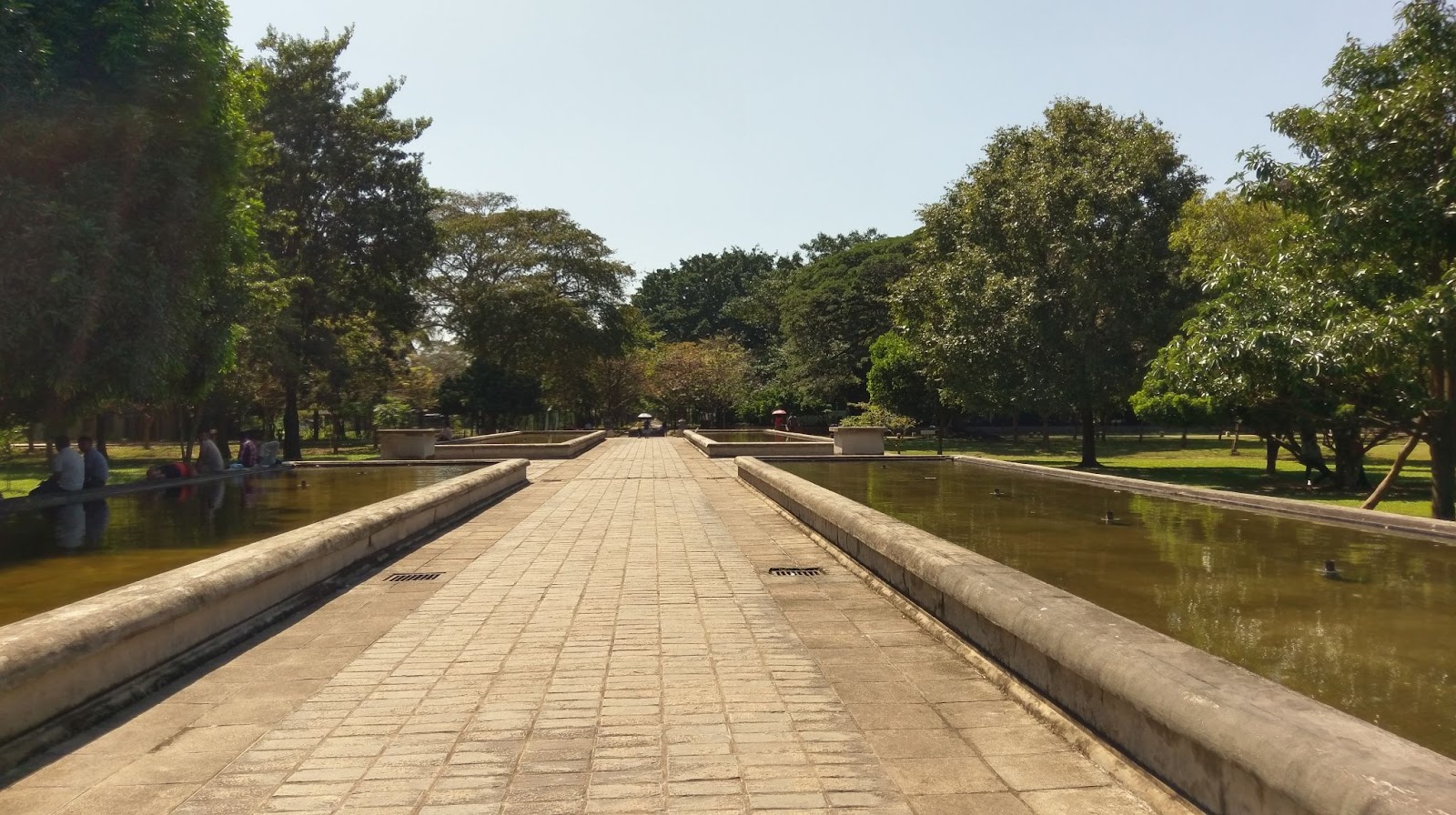
Sri Lanka when it was previously known as Ceylon had a Senate. The Senate of Ceylon began in 1947 (one year prior to Ceylon’s independence from Britain) and was part of Ceylon’s Parliament. Parliament initially consisted of two houses with the House of Representatives as the Lower House and the Senate as the Upper House. There were 30 members of the Senate with half of them elected by the House of Representatives and the other half nominated by the Governor-General (a representative of the British Monarch) who was acting on the Prime Minister’s advice. In this article, I will be having a look at how the Senate functioned and discuss the idea of having a Senate again in the context of Sri Lanka’s current problems.
The Senate was established via the Soulbury Constitution, Ceylon’s first constitution. I will be having a look at some sections in the Ceylon (Constitution) Order in Council, 1946 related to the Senate. The conditions of the Senate that I refer to come from the period of its establishment. It is possible there had been changes made to them during the duration of the Senate. The Senate was a permanent body unaffected when Parliament was dissolved. A Senator should have been at least 35 years old who served a six year term and a third of Senators were required to retire every other year. The Senate was required at its first meeting to elect two members to serve as President and Deputy-President of the Senate.
According to the 1956 book “Ceylon and Her Citizens” by I.D.S. & Marguerite I. Weerawardena, the Senate did not have much power. The authors point out that the Senate could share its perspectives, ask questions and be critical of the government. However, unlike the House of Representatives, it could not be an obstacle to the Cabinet. The House of Representatives could do this by declining to provide money requested by the government or by declining to pass laws the government brings. The Senate was incapable of doing these things as the House had the power to override the Senate’s decisions.
After a bill was passed by the House, it got sent to the Senate. The Senate could pass the bill or reject it. If the bill was passed, it would be sent to the Governor-General who usually approved it making it an Act of Parliament. If the Senate rejected the bill, that gave it power to delay the bill by approximately one year until it got sent to the Governor-General as long as the bill got passed a second time by the House. If the bill was related to financial matters, the Senate could only delay the bill by one month.
Dr. Nihal Jayawickrama wrote an article worth reading called “The Abolition Of The Senate”. The article gives the story behind the abolition of the Senate in 1971. I am not going to discuss the abolition of the Senate, but I found it interesting how he said in his article: “The Senate was one of the five constitutional safeguards that were included in the 1946 Constitution in order to remove the fear of “domination and oppression” by a “permanent and unassailable majority” which existed especially in the minds of Ceylon’s ethnic and religious minorities.” This makes me think if the Senate was beneficial for minorities.
I wonder if the Senate could have been helpful for this decade with the Sri Lanka Podujana Peramuna’s (SLPP) disastrous governance. It’s possible that if the Senate existed now, the SLPP could also have received a two-thirds majority in the Senate like they did at the last Parliamentary election. Section 10.3 of the Ceylon (Constitution) Order in Council, 1946, mentioned that the Governor-General should work to appoint public servants with valuable service or respected professionals. This is referring to the 15 Senators appointed by the Governor-General. I wonder if the Senate in the present context could bring in individuals of suitable quality who don’t usually contest elections. If it was working as expected, it would provide a much needed improvement to governance. Due to the limited functions of the Senate as mentioned above, it seems unlikely it would have been able to protect independent institutions from interference by politicians such as the Rajapaksas.
The SLPP have been acting so shamelessly. They continue to pander to the Rajapaksas, wanting them to make a comeback. If the Senate was functioning properly with a majority not with the SLPP, they could be standing for justice. The Senate may have been able to delay the passage of the 20th Amendment by one year. They could have provided the necessary work of an opposition which has been lacking by the opposition party, the Samagi Jana Balawegaya (SJB). Something to think about is whether the Senate could have prevented the devastating economic crisis Sri Lanka is facing right now. Of course, if the Senate had not been abolished in 1971, Sri Lanka’s history is likely to have been quite different. The present state may not be anything like it is right now.
As I wasn’t alive during the Senate of Ceylon and due to the limited amount of information I was able to find on the Senate, this is only a snapshot view of the topic rather than a detailed analysis. I have been thinking if it would be beneficial for Sri Lanka to have a Senate again. I’d be interested in hearing from those who were alive during the Senate of Ceylon of how it functioned and your thoughts on if the Senate would be beneficial to Sri Lanka’s present state.